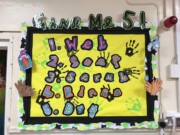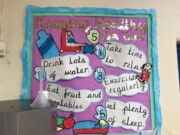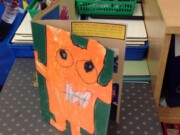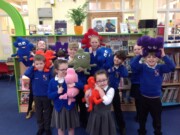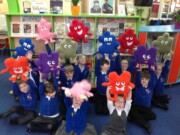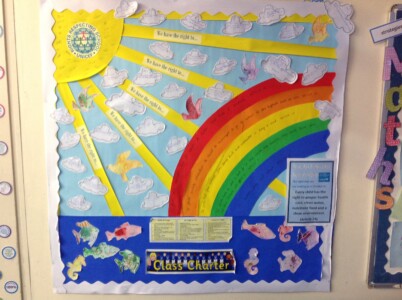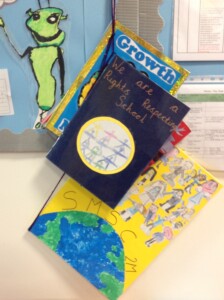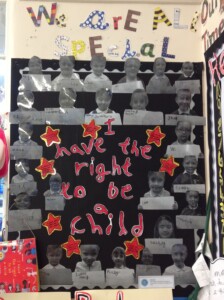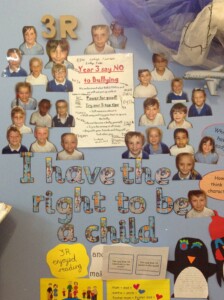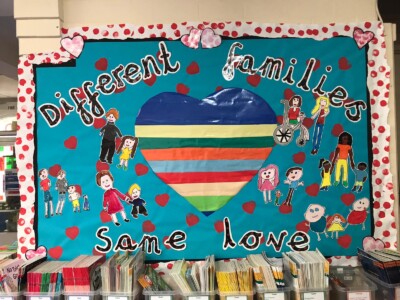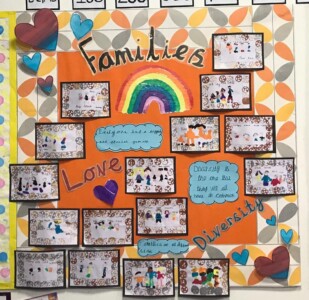‘Be the change you want to see in the world.’
Mahatma Ghandi
PSHE at Mersey Park
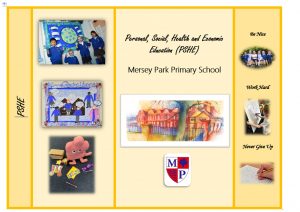
Please click the link below to find out about how we teach PSHE at Mersey Park.
PSHE at Mersey Park Primary School
PSHE Report to Governors
PSHE Subject Leader Report July 2025
Long Term Overview
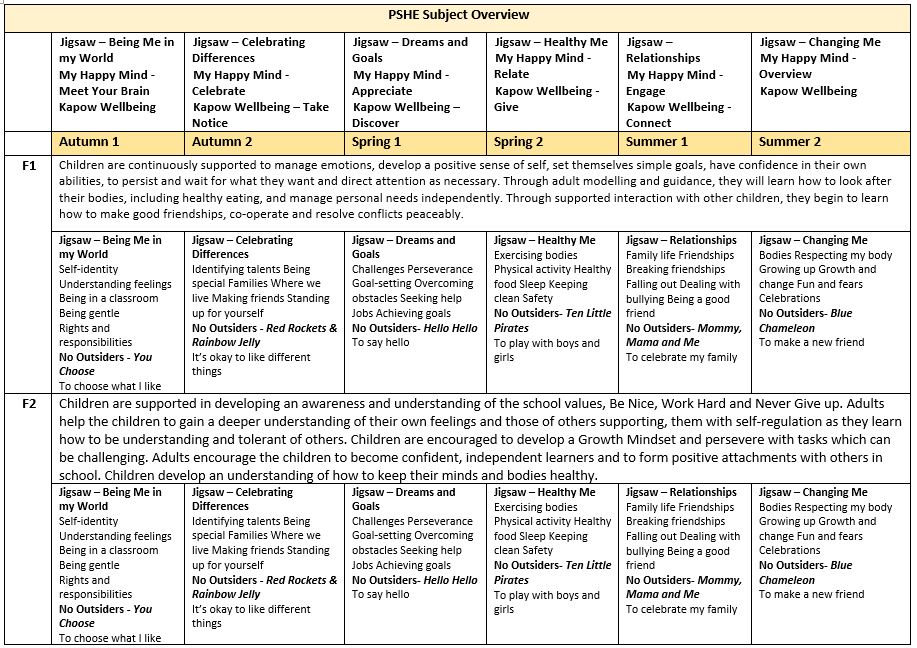
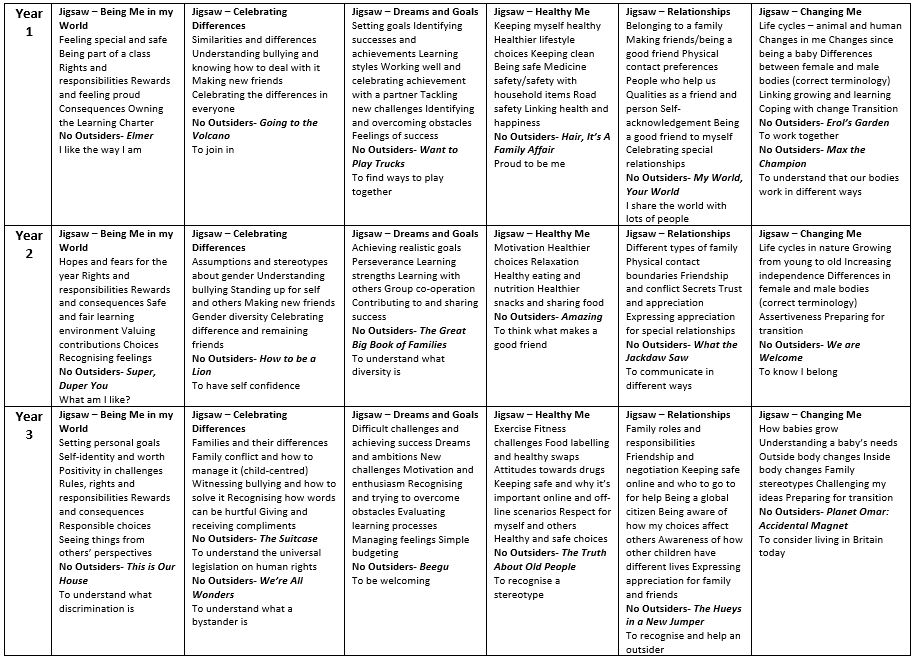
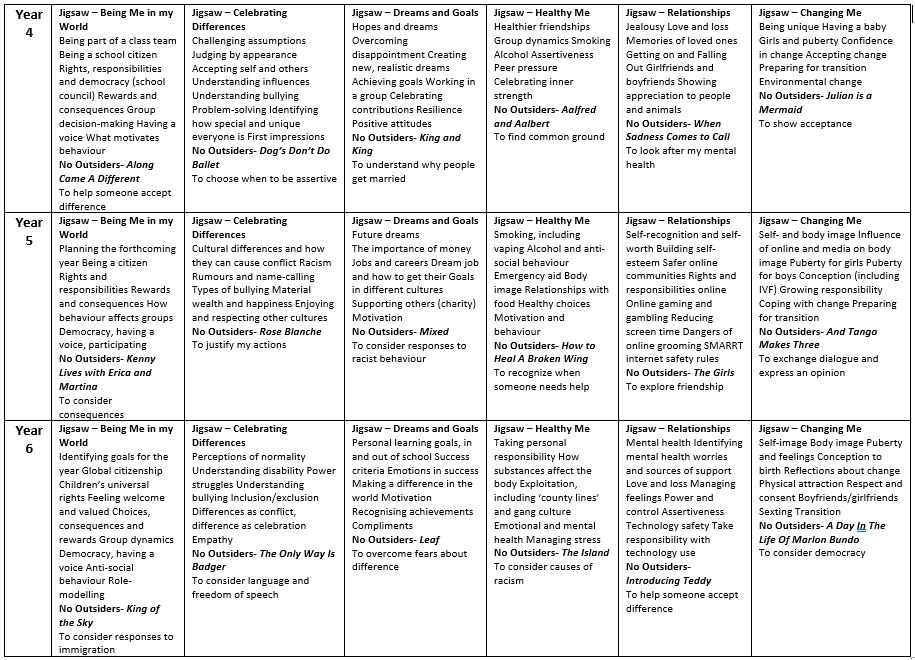
Every class has created their own ‘Rights Respecting Schools’ charter. The pupils voted on the four most important rights to themselves within the class, which then become the focus of their charter.
Every year group carries out a Diversity Day each year. Below is a display of some of the children’s work:
Every Year group has the opportunity to participate in regular P4C sessions, which are often Topic, Literacy or School Value based. P4C provides children the opportunity to express their own opinions in a safe, supportive and confidential environment.
Every class keeps an SMSC evidence class book that is updated with work and activities relating to these areas. They also refer to the concept of the 20th Kid and Mersey Park (Growth) Mind-set.
PHSE at Mersey Park
Autumn Term
Foundation 1
In Foundation 1 the children learn how to make friends and share their toys and equipment.
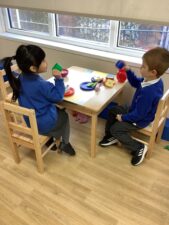
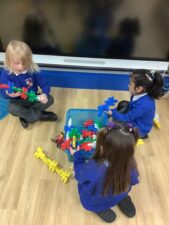
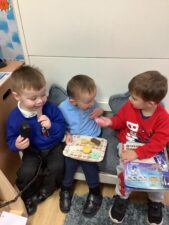
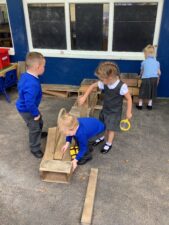
Foundation 2
In Foundation 2 the children meet their new character and read the book ‘The New Jumper (The Hueys) by Oliver Jeffers. They look at how everyone is different and unique. They learn that they all have different character traits and link it to texts they are studying.
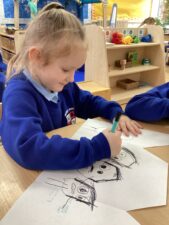
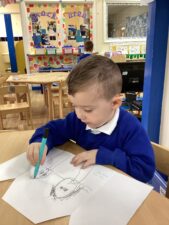
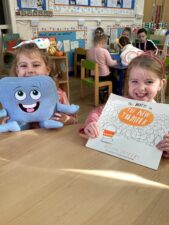
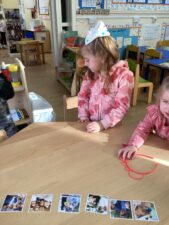
Year 1
In Year 1 the children learn about their brain works and how HAP stands for the three different parts of the brain. They explore different breathing techniques including the bubble breathing which helps them to breathe slowly and calming. In Jigsaw they celebrate being different and compare their similarities and differences which links to the Celebrate module of the My Happy Mind scheme.
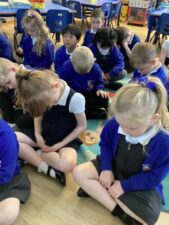
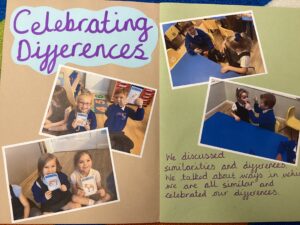
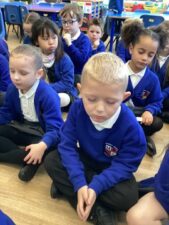
Year 2
In Year 2 the children read the text How to be a Lion in their No Outsiders lesson and discuss how everyone has the right to make their own choices. They practise their breathing during the My Happy Mind lessons and participate in calming techniques and mindfulness activities to relax their bodies and minds.
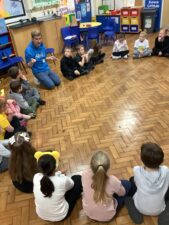
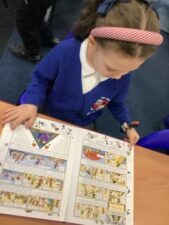
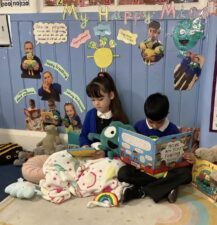
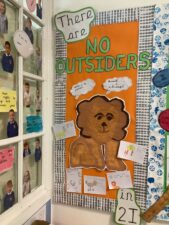
Year 3
In Year 3 the children meet their new Jigsaw character and discuss different character traits drawing on their knowledge from Year 1 and 2. They remember the importance of PANTS and create an acrostic writing piece to embed understanding.
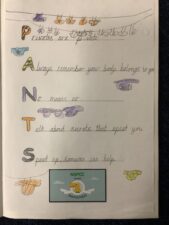
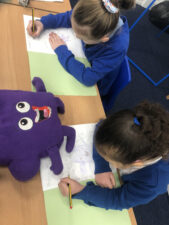
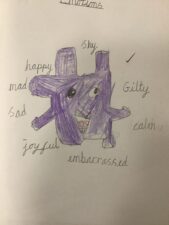
Year 4
In Year 4 the children explore their character strengths in their My Happy Mind lessons. They look for strengths that their friends have and complement them if they spot one around school. They improve their debating skills during their P4C lessons. The discuss lots of things, from ‘What would rather be?’ to ‘How would they have reacted to the Romans?’
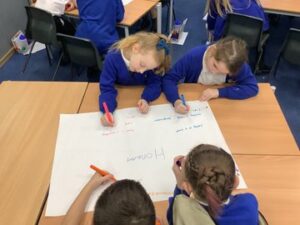
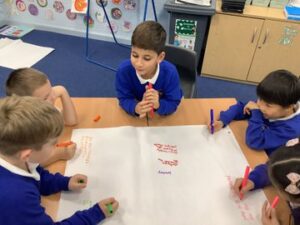
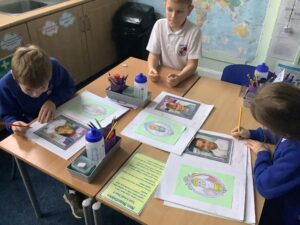
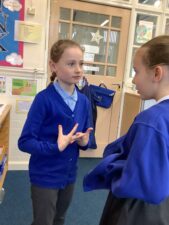
Year 5
In Year 5 the children learn about similarities and differences in their Jigsaw lessons. They draw around their hand and create a unique design to represent the unique personalities they all have. They read ‘Mixed’ – a story about acceptance and unity and then create their own Mixed characters and discuss the themes linked to this book. They also read ‘Kenny lives with Erica and Martina’ – a story of accepting change and dealing with consequences then design their own positive graffiti message as Kenny did in the story. In a busy term Year 5 also complete the Ariel Trust unit ‘Send Me a Selfie’ highlighting the issues surrounding mobile phone use.
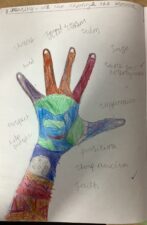
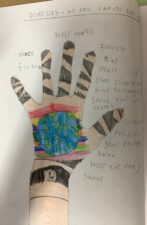
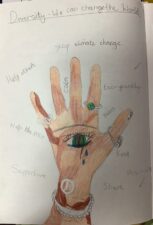
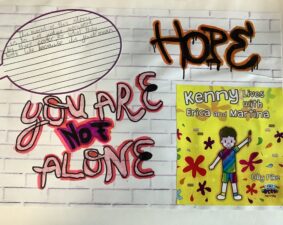
Year 6
In Year 6 the children discuss their year ahead and learn to set goals and discuss their fears and worries. They continue to talk about their own behaviour and how it can result in rewards and consequences. In My Happy Mind they learn about team HAP and what makes it work well. They also look for character strengths in themselves and their friends.
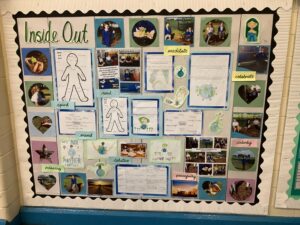
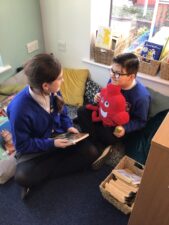
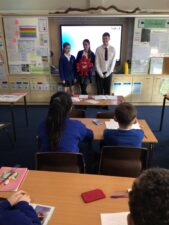
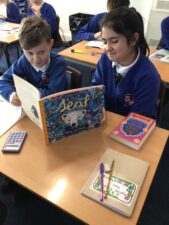
Spring Term
Foundation 1
In Foundation 1 the children try hard to identify how they are feeling and begin to explain why they are feeling that way.
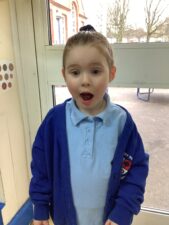
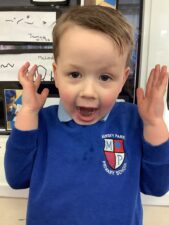

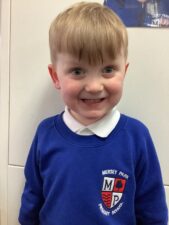
Foundation 2
In Foundation 2 the children find out about the five character strengths. They found on the character strength ‘Love and Kindness’. They make love hearts and give them to their friends with a compliment.
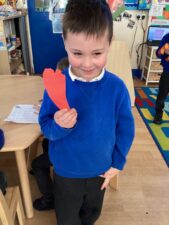
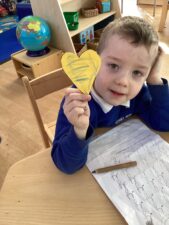
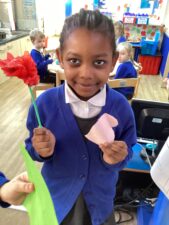
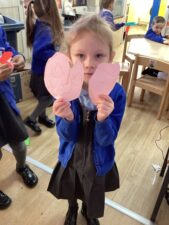
Year 1
In Year 1, the children continue to learn through Jigsaw lessons. They help Jigsaw Jack to understand the importance of dreams and goals and also how to keep safe and healthy. The children learnt about appreciation during the My Happy Mind lessons and have been trying hard to demonstrate an attitude of gratitude throughout the school day.
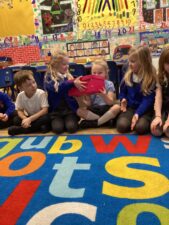
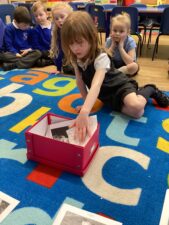
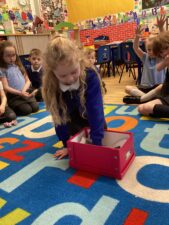
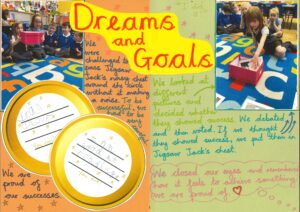
Year 2
In Year 2 the children begin a new Jigsaw topic called ‘Dreams and Goals’ where they become aware of their own dreams. They set simple goals for them to achieve in the lesson and practice their new skill for example learning how to count to ten in Spanish. In groups they design and create a bird for their garden of dreams where they have to work collaboratively as a group. In ‘My Happy Mind’ the children show appreciation to others be giving them compliments or showing them signs of affection.
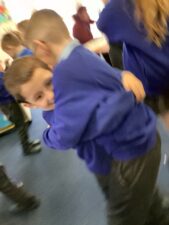
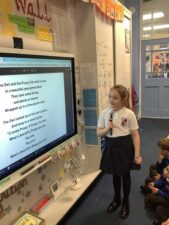
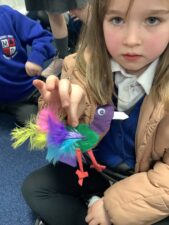
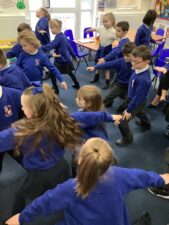
Year 3
In Year 3 the children think about their dreams, goals and aspirations for the future. They think about the steps in which they will need to take to achieve these. The children also consider their goals for the next academic year.
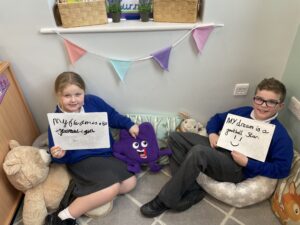
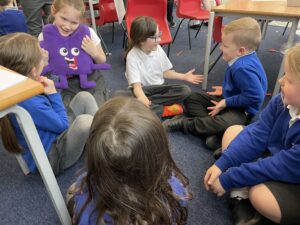
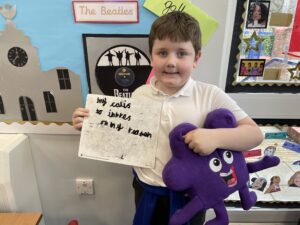
Year 4
This term, we explore how to celebrate each other’s differences and understand how to develop positive relationships with other people. They do this through our Jigsaw, My Happy Mind and ‘No Outsiders’ lessons.
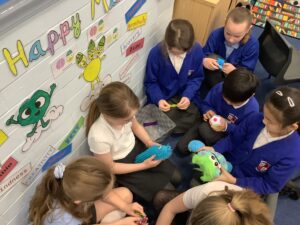
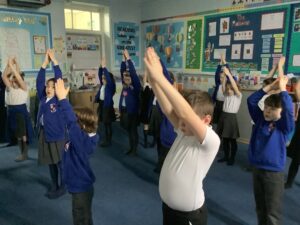
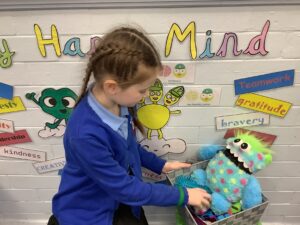
Year 5
In Year 5 the children continue with Jigsaw lessons. They revise how to stay safe. They take part in a fantastic workshop where they act out scenarios and discussed ways to keep safe online.
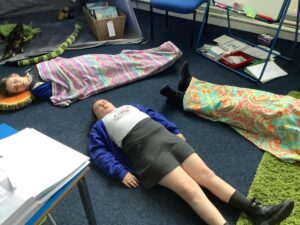
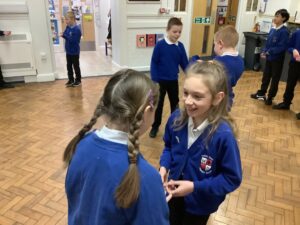
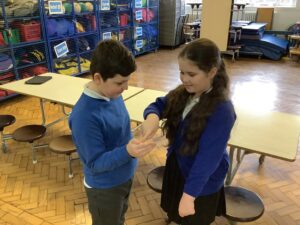
Year 6
In Year 6 the children continue the ‘Healthy Me’ topic. This helps to support their science topic where they learn all about how to keep themselves safe and healthy. They complete some scenario role play activities.
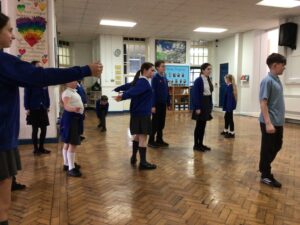
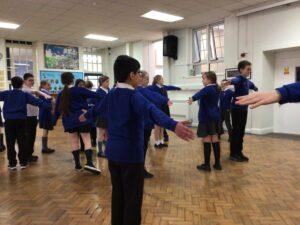
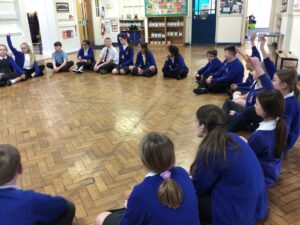
Summer Term
Foundation 1
In Foundation 1 the children work together as a team to build a bridge with the planks and crates. They talk to each other to decide how to make it longer and stronger.
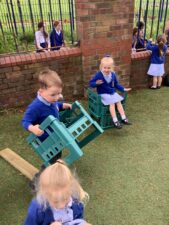
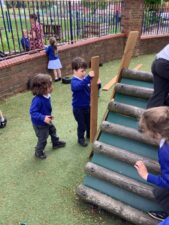
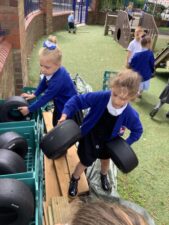
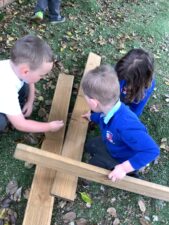
Foundation 2
In Foundation 2 the children think about their team work, cooperating together to achieve a final outcome and helping each other when things get tricky so they can all achieve their goal. The children also think about how to keep themselves healthy in the summer weather. This includes eating healthy snacks, using sun cream and ensuring they are dressed appropriately.
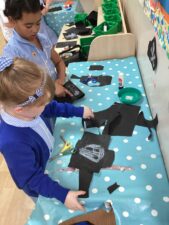
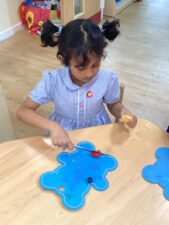
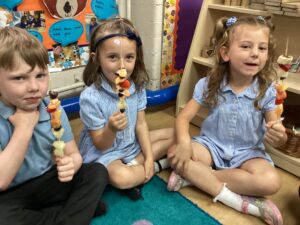
Year 1
In Year 1 the children are introduced to life cycles, e.g. that of a frog and identify the different stages. They compare this with a human life cycle and look at simple changes from baby to adult, e.g. getting taller, learning to walk, etc. They discuss how they have changed so far and that people grow up at different rates. Children practise a range of skills to help manage their feelings and learn how to access help if they are worried about change, or if someone is hurting them.
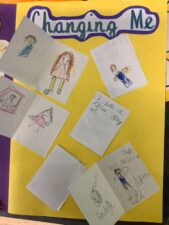
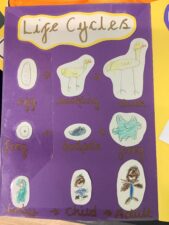
Year 2
In Year 2 the children continue to learn about about their changing selves. They compare different life cycles in nature, including that of humans. They reflect on the changes that occur between baby, toddler, child, teenager, adult and old age. Within this the children also discuss how independence, freedoms and responsibility can increase with age. Children practise a range of strategies for managing feelings and emotions. They are also taught where they can get help if worried or frightened. In the No Outsiders lessons they read many texts which involve the importance of creating an inclusive environment.
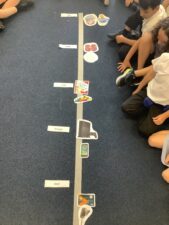
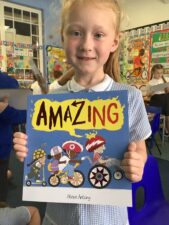
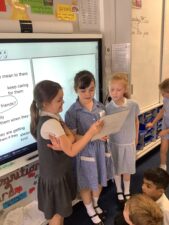
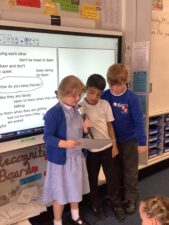
Year 3
In Year 3 the children continue to keep their minds and bodies healthy. They remind each other of how to be good friends, how to be a team player and how to work effectively on challenges.
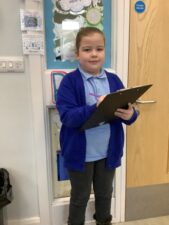
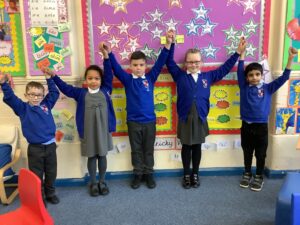
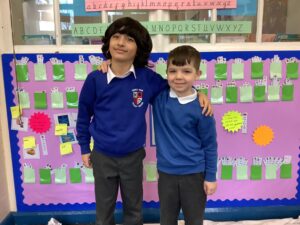
Year 4
In Year 4 the children explore how their bodies change and what characteristics they get from their genetic parents. They continue learn that everyone is unique and that their own DNA is determined by the genetic make-up of their parents. They set themselves clear goals, described the key actions they were going to take to achieve them and also identify any help they required to assist them in reaching their goals.
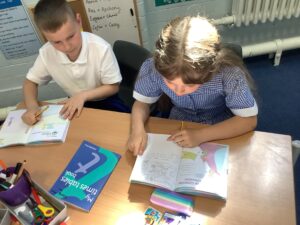
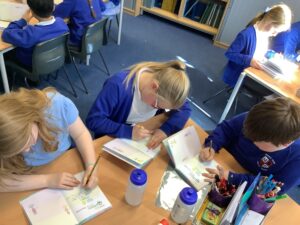
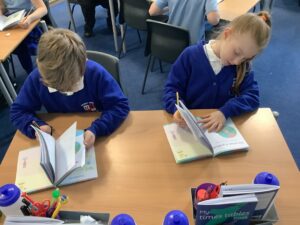
Year 5
In Year 5 Childline come into school to talk to Year 5 about how to speak out and stay safe. They learn a lot in this assembly and they feel more confident when opening up about their feelings. The children also continue to develop their speaking skills in a number of activities sharing ideas and talking about their emotions, strengths and worries.
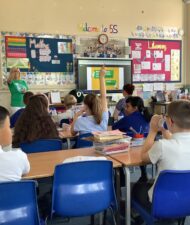
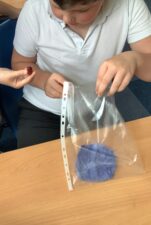
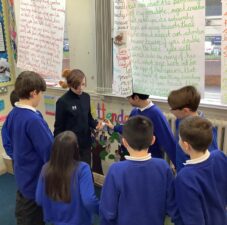
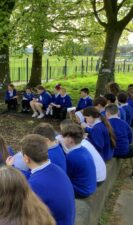
Year 6
In Year 6 the children enjoy ‘My Happy Mind’ this term. They celebrate their character strengths, engage with others who have similar and contrasting strengths and discuss how these differences in strengths can make their relationships stronger. They also had a visit from a policeman to talk about drugs. They discuss different names for them, the dangers of them and what to do if we come across them.
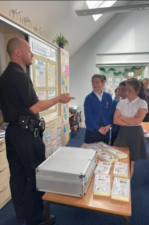
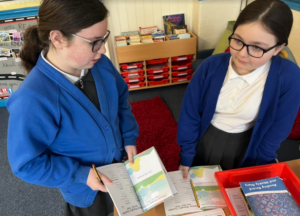
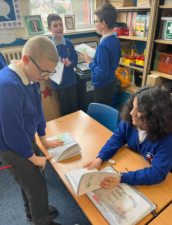
Click on the link below for the latest PSHE Report to Governors:
PSHE Subject Leaders Report 2023
